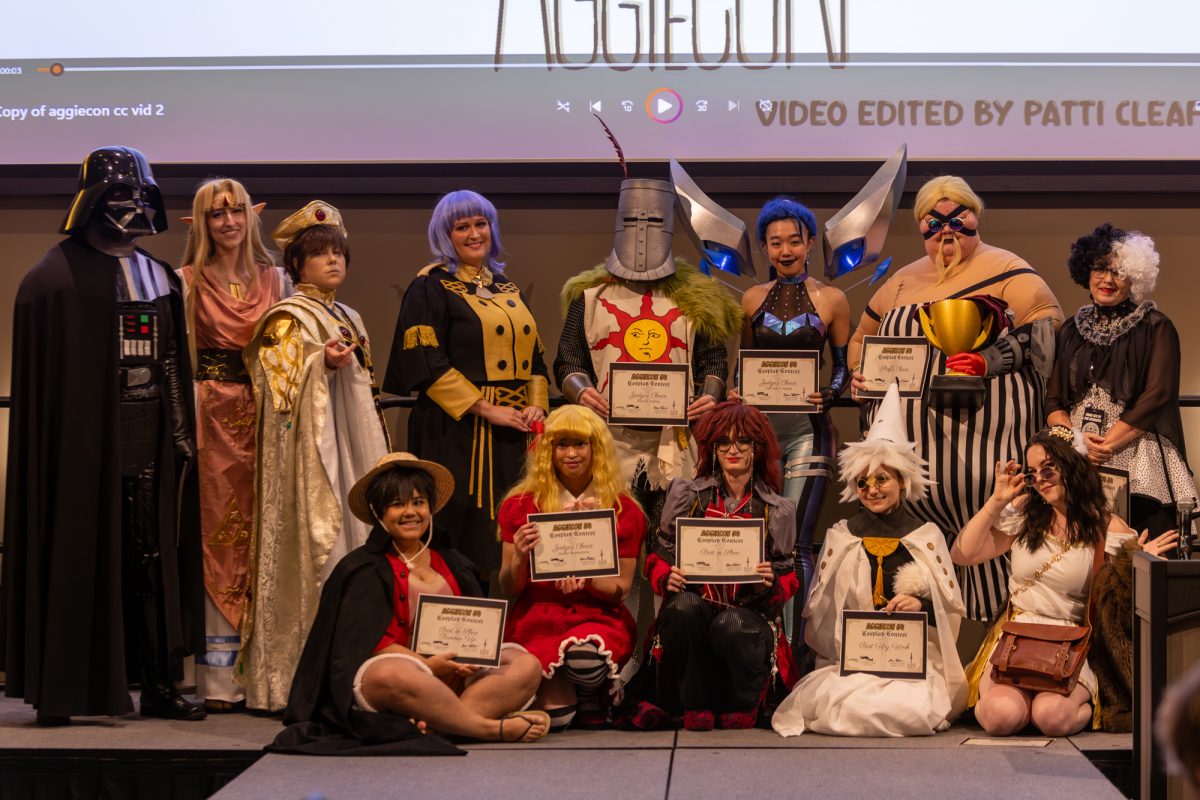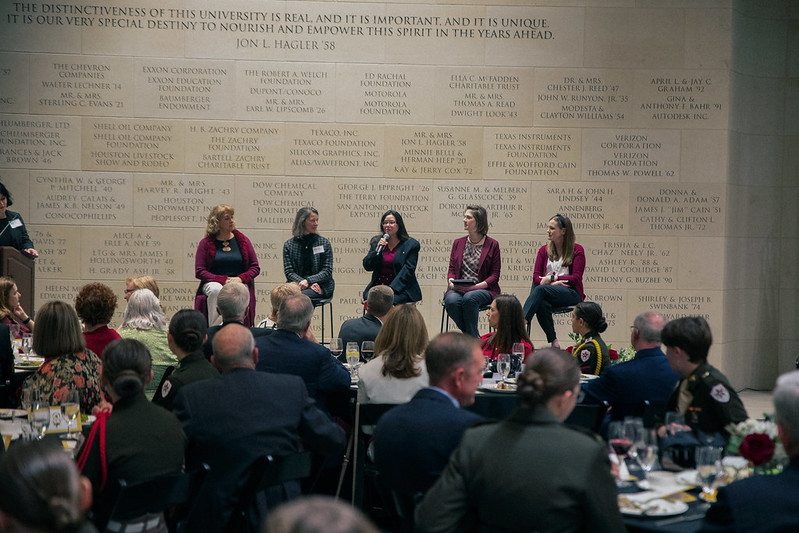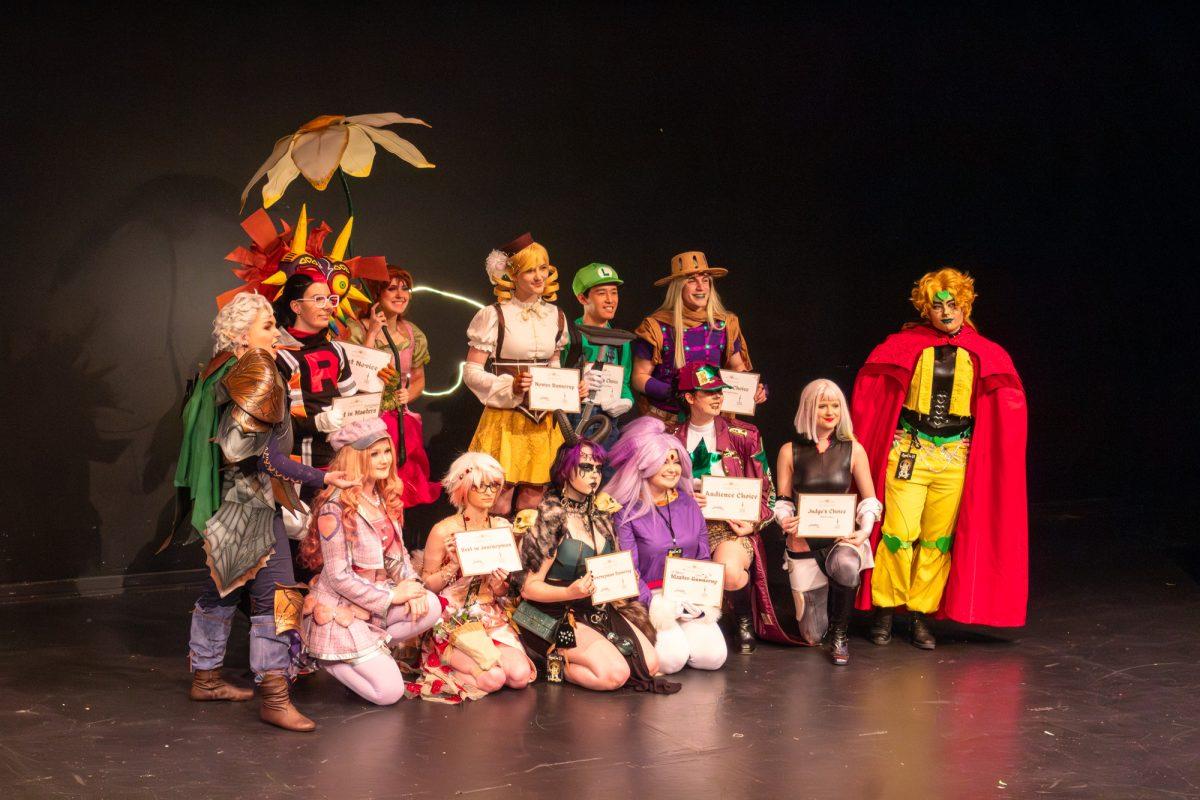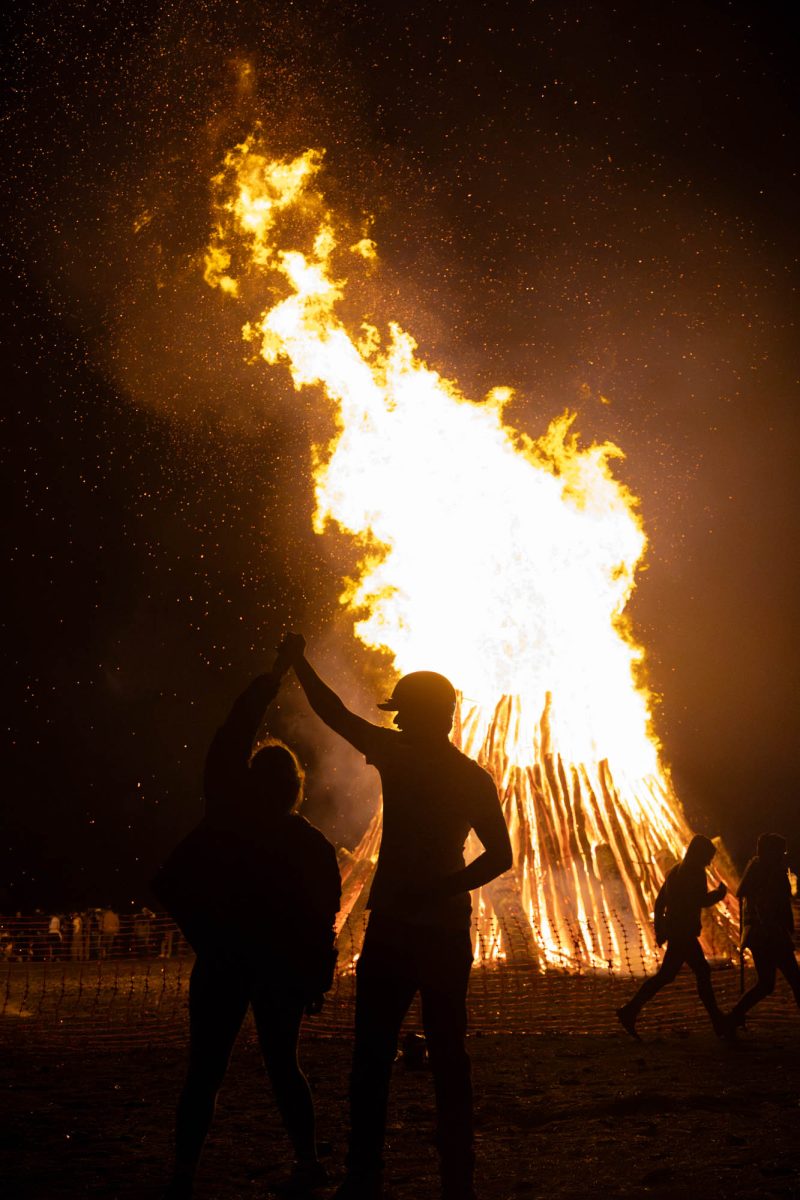Its that time of year again: the time of changing leaves, layered clothing and facial hair. Lots of facial hair. It is time again for the cultural phenomenon deemed No Shave November. But theres more to the trend than bearded men competing for bragging rights.
No Shave November derives from an effort by the Movember Foundation to raise awareness for mens health issues, namely prostate and testicular cancers. The organization encourages men, or Mo Bros, to register to grow mustaches with support and donations from other Mo Bros or Mo Sistas as well as other friends and family.
According to Movember and Sons, the movement began in Melbourne, Australia and from there spread throughout Australia, the U.S., Canada, parts of Europe and South Africa, making it an international campaign.
Over the years, the Movember campaign has inspired similar movements, like No Shave November.
Jake Bogar, junior political science major, said he chooses not to participate in No Shave November.
I participated last year and it got a little disgusting, Bogar said.
Bogar said he is vaguely familiar with the cause and learned about its origins while he participated last November. He said he grew out his facial hair at the time because it is a common college thing to do.
I actually dont think its that effective. I havent heard of many people participating that know its supposed to benefit prostate cancer awareness, Bogar said.
Despite the lack of knowledge among college students about the origins and social significance of No Shave November, unshaven men continue to sprout all over campus.
Those who participate blindly may do so because of a motive to conform to their peer group and/or because of a desire to express a certain identity, said Joshua Hicks, assistant professor in the Department of Psychology.
Phia Salter, also an assistant professor in the Department of Psychology, has a similar view. She said the motive to participate in such activities can be a positive way to normalize health issues.
People look to others for information about how they should act, Salter said. Sometimes different issues, particularly regarding health, have stigmas attached to them.
Both Hicks and Salter agree that movements like No Shave November attempt to elucidate issues that are apparent in our society but usually kept hush-hush.
Cancer is something we dont like to think about and often people, especially college students, think they are immortal, Hicks said. If properly promoted, things like colored bracelets or ribbons, scruffy faces, etc. can help people think more about these important issues.
Ayan Zindani, senior international studies major, has been participating in No Shave November for years without knowing its origins and social significance, but he said he believes it can be a positive medium for bringing change.
The act of not shaving itself might not do much, but when people do things to draw more attention to it, like posting Facebook statuses or tweeting about it, it can be a good way to raise awareness, Zindani said.
Zindani said he intends to continue participating in No Shave November and help educate others about the cause as well.
More information about No Shave November and related charities can be found at us.movember.com.
Students bearded with no mission in mind
October 31, 2012
0
Donate to The Battalion
$810
$3500
Contributed
Our Goal
Your donation will support the student journalists of Texas A&M University - College Station. Your contribution will allow us to purchase equipment and cover our annual website hosting costs, in addition to paying freelance staffers for their work, travel costs for coverage and more!









